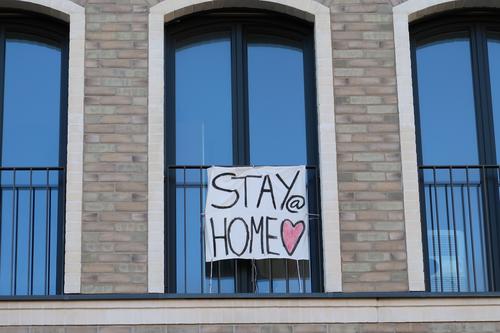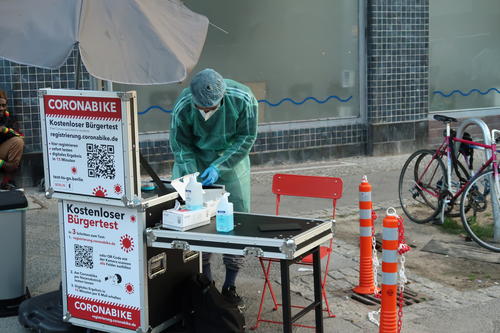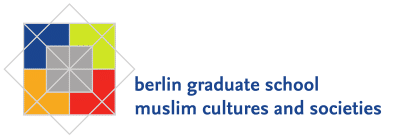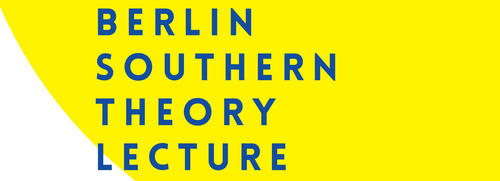Mobility Regimes of Pandemic Preparedness and Response: The Case of Covid-19 (MoRePPaR)
Mobility Regimes of Pandemic Preparedness and Response: The Case of Covid-19
Image Credit: Hansjörg Dilger
Mobility Regimes of Pandemic Preparedness and Response: The Case of Covid-19
Image Credit: Hansjörg Dilger
Funded by VolkswagenStiftung
Project duration: 07/2022-06/2026
What if there was another global epidemic like COVID-19? How would people and institutions respond? This project argues that people's readiness to support pandemic response measures in the future, notably mobility restrictions, will be shaped by the highly emotional perceptions of the unequal consequences of different forms of lockdown, isolation, and border closure that has formed the COVID-19 response.
By conducting ethnographic research in countries with very different political-economic and epidemiological histories – South Africa, Germany, the Democratic Republic of the Congo, and South Korea – we explore the impact of COVID-19-related mobility regimes on people’s lives and its affective embodiment beyond acute pandemic situations.
To this end we explore three interrelated dynamics which form the theoretical basis of this project: first, the study of mobility regimes asks how restrictions on people’s movement are enacted by public health policies, legal control measures, statistics, and popular explanations; second, we explore the unequal impact of mobility restrictions with regard to their intersecting effects on people’s lives (based on gender, age, ethnicity/race, dis/ability, and socioeconomic status); third, the concept of affective embodiment captures how mobility restrictions and their impact have been emotionally experienced and have imprinted themselves on people’s bodies in the long-term.
To account for the similarities and differences between these dynamics, as well as their entanglement across our locations, we develop a critical and decolonial perspective on global health research beyond conventional modes of data extraction and comparing “case studies”. The research will be conducted in a mutual learning process with health scientists and psychologists, civil society representatives, and policy-makers as well as research partners at the Robert Koch Institute in Berlin. Our aim is to formulate a model of pandemic preparedness that incorporates populations’ perceptions and needs firmly along with different forms of (epidemiological and quantitative) expert knowledge that have informed the ongoing COVID-19 response.
Project Partners:
Freie Universität Berlin, Berlin, Germany
Prof. Dr. Hansjörg Dilger
Ursula Probst
Pole Institute, Goma, Democratic Republic of Kongo
Prof. Dr. Nene Morisho Mwanabiningo
Dr. Joël Baraka Akilimali
University of the Witwatersrand, Johannesburg, South Africa
Prof. Dr. Julia Hornberger
Dr. Simbarashe Nyuke
Yonsei University, Seoul, South Korea
Ass. Prof. Dr. Bo Kyeong Seo
Cooperation Partners:
Bernhard-Nocht-Institut für Tropenmedizin, Hamburg, Germany
Dr. Sung-Joon Park
Erik Tove Zillmann
Robert-Koch-Institut, Germany
Prof. Dr. Johanna Hanefeld
Universität Bayreuth, Germany
Prof. Dr. Martin Doevenspeck




